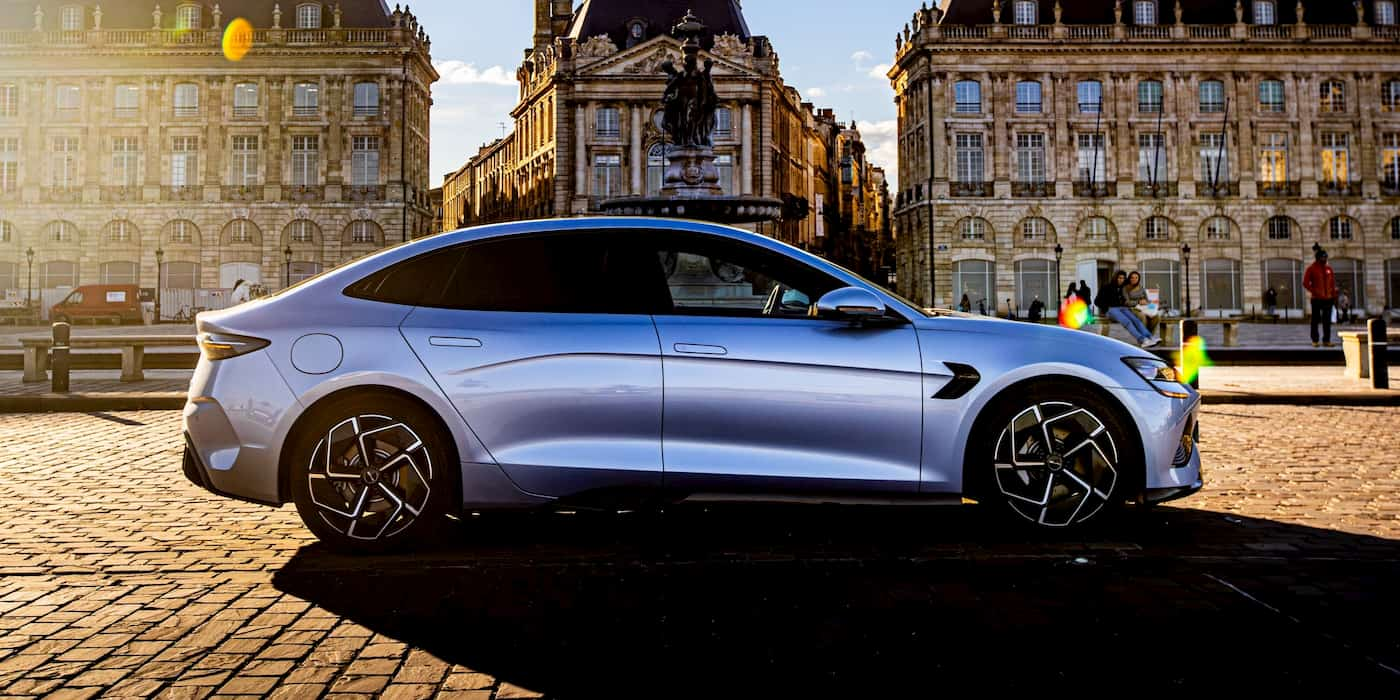
Chinese automakers and battery giants, including BYD, CATL, and NIO, are teaming up to form an “all-star” lineup aimed at developing all solid-state EV batteries.
In a move that could revolutionize the EV market, China’s leading auto and battery manufacturers are forming an alliance to commercialize all solid-state batteries.
According to Nikkei Asia, the China All-Solid-State Battery Collaborative Innovation Platform, or CASIP, was formed last month.
The government-led alliance pools academia and industry leaders, like BYD and CATL, to build a solid-state EV battery supply chain.
China already dominates the global EV battery market, with BYD and CATL alone accounting for over 50% alone. Data from SNE Research (via Bloomberg) shows CATL’s sales in the US and Europe doubled last year.
BYD and CATL batteries are used in Tesla, BMW, Toyota, Mercedes-Benz, Kia, Ford, and other leading EV makers.
China looks to stay on top by boosting research and development of next-gen EV battery tech, including all-solid-state.
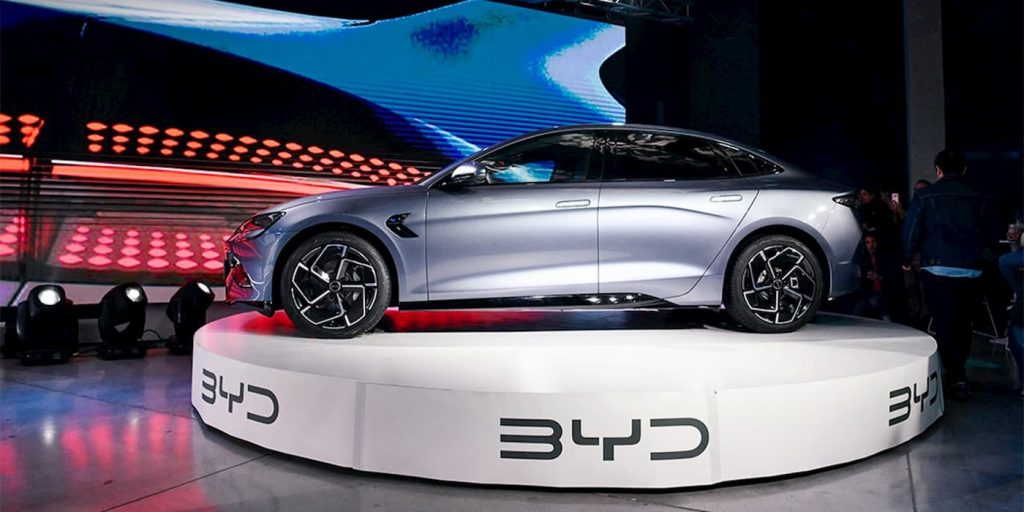
BYD, CATL team up to develop solid-state EV batteries
“We need to be prepared for the risk that all-solid-state battery technology could overturn” China’s upper hand in the EV battery market, Ouyang Minggao, a Tsinghua University professor, explained.
Minggao, who specializes in auto tech development, highlighted the importance of bringing industry leaders together. CASIP will focus on commercializing EVs with solid-state batteries and establishing a supply chain.
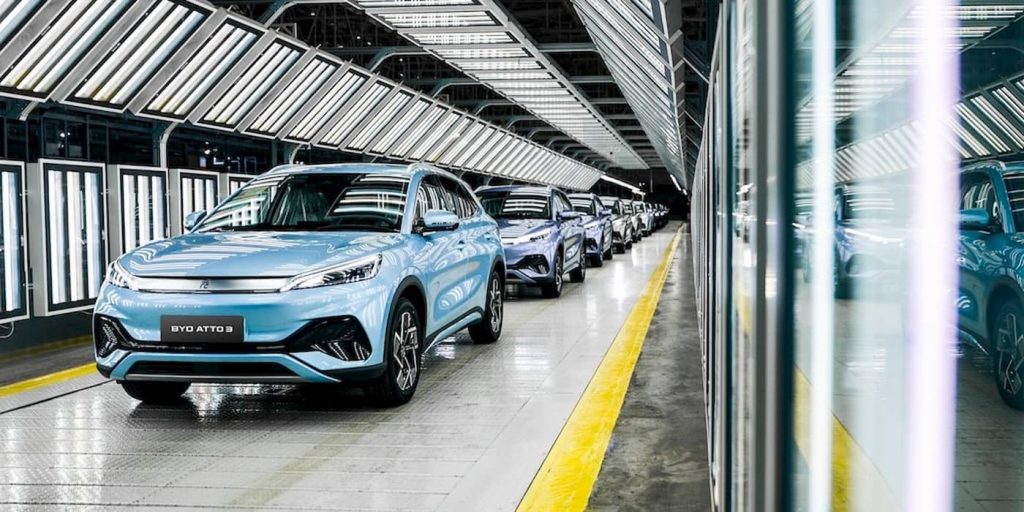
The goal is to develop next-gen EV batteries that will compete globally. The alliance includes top battery makers, including CATL, BYD’s subsidiary FinDreams, CALB, EVE Energy, and Gotion High-tech. Automakers, like NIO and BYD, will also join in.
An alliance with BYD and CATL is interesting, given they compete in the LFP battery market. The report notes that CATL also sued CALB and SVOLT Energy Tech for patent infringement.
Government members will include the Ministry of Industry and Information Technology, the Ministry of Science and Technology, the Ministry of Science and Technology, and the National Energy Administration, among others.
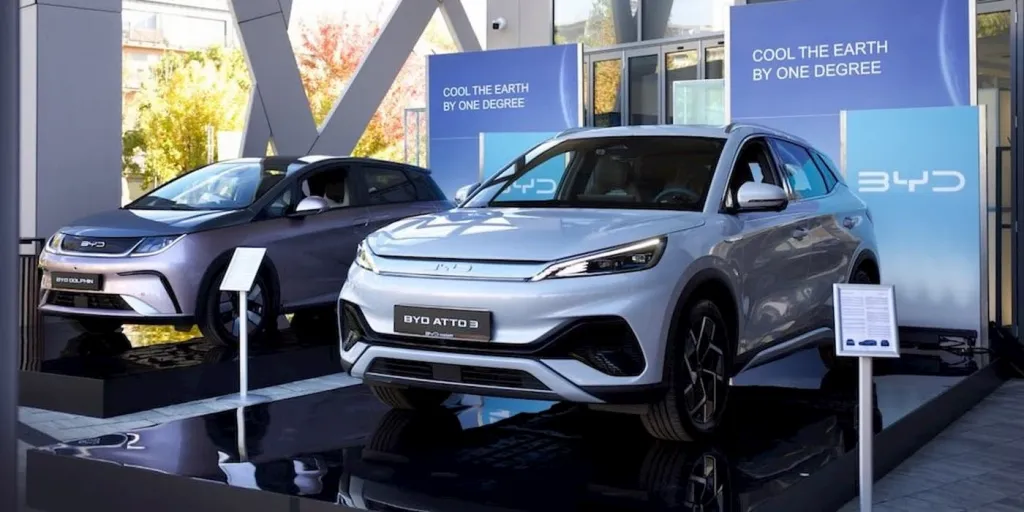
Chen Qingtai, head of China EV100, argued that solid-state EV batteries can shift the industry’s power balance. Working together will ensure China becomes an “automotive powerhouse.”
Although many others, including Toyota, have promised to bring solid-state EV battery tech to market for years, there’s still little show.
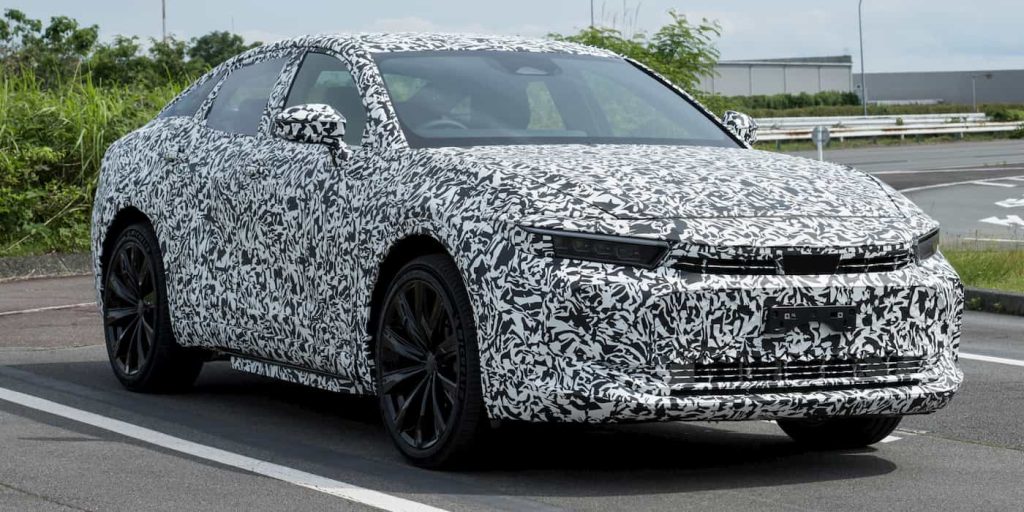
Toyota has over 1,300 patents for all-solid-state batteries, while Chinese companies have fewer than 100. The alliance aims to ensure China remains ahead of the game.
Electrek’s Take
Six of the top ten global battery makers, including BYD and CATL, working together to develop solid-state EV batteries will be something to keep an eye on.
Top comment by EV guy
Some companies are already at the commercialization stage though. Ganfeng (the lithium producer) has been testing solid sate batteries in cars for two years now. Last year they started their commercial scale production with a 4 GWh factory. They are building a 20 GWh factory right now. The thing is though they have their gen 1 batteries were not as energy dense as QS and others are promising i think sth around 260 Wh/kg .
These companies are already leading the industry to new heights. With decades of experience combined, I wouldn’t bet against CASIP.
Although Toyota claimed to have discovered a “technological breakthrough” with solid-state batteries, the automaker doesn’t plan to bring it to market until 2027 or 2028. Even then, it will be extremely limited if it happens.
A recent Toyota Times post explained that production is expected “for 2030 and beyond.” Meanwhile, South Korean market leaders, including Hyundai, Samsung, and LG, formed an alliance last summer to boost EV sales.
Hyundai has filed several patents for all-solid-state EV batteries. Can South Korea give China a run for its money? The race to commercialize solid-state EV batteries will be an exciting one to watch. We’ll keep you up to date on the latest.
FTC: We use income earning auto affiliate links. More.



Comments